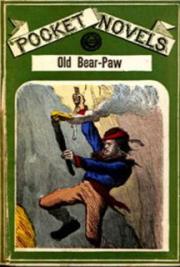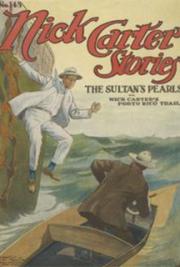THE CRITICS SPEAK
Edward E. Foster (in Joseph Rosenblum’s A
Reader’s Guide to Shakespeare, pp. 195-96):
“As he [Macbeth] degenerates, he becomes more deluded about his invulnerability and more emboldened. What he gains in will and confidence is counterbalanced and eventually toppled by the iniquitous weight of the events he set in motion and felt he had to perpetuate. When he dies, he seems almost to be released from the imprisonment of his own evil.”
Harold Bloom (in Shakespeare: The Invention of the Human, p. 522):
“Of all Shakespeare’s tragic protagonists, Macbeth is the least free. As Wilbur Sanders implied, Macbeth’s actions are a kind of falling forward (“falling in space,” Sanders called it). Whether or not Nietzsche (and Freud after him) were right in believing that we are lived, thought, and willed by forces not ourselves,
Shakespeare anticipated Nietzsche in this conviction.”
Frank Kermode (in The Riverside Shakespeare, p.1309):
“The role of the Weird Sisters is, then, to represent that equivocal evil in the nature of things which helps deceive the human will. But they are not mere allegories or the abstractions they might be in a modern play. … [Shakespeare] means the sisters to be really there, visible to whom they wish, and endowed with the powers appropriate to demons.
They are not mere witches.”
Stephen Greenblatt (in The Norton Shakespeare, p. 2561):
“In Shakespeare’s plays, as in those of his contemporaries, evildoers may wreak havoc for a time, but in the final restoration of order and justice, they and their principal accomplices are almost inevitably punished.… Yet though the play has deeply implicated the witches in Macbeth’s monstrous assault on the fabric of civilized life, there is no gesture toward punishing them, no sign that the victors are even aware of their existence.”







